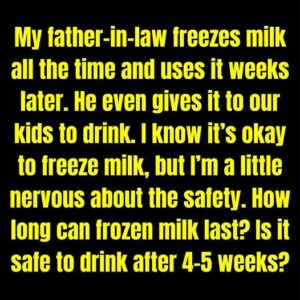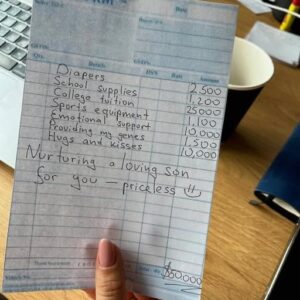Social media amplifies this by turning self-diagnosis into a shared experience—friends compare results, debate accuracy, and even bond over the absurdity of the claims. The more these tests circulate, the more legitimacy they seem to gain, despite lacking scientific backing
From Fun to Misleading
While some personality quizzes are harmless entertainment, others, like the narcissism circle test, blur the line between amusement and misinformation. Narcissism is a clinically defined trait involving grandiosity, entitlement, and lack of empathy—none of which can be measured by visual perception. Yet, the meme’s bold framing (“This image reveals your darkest traits!”) lends it false authority. This trend risks trivializing real psychological concepts, encouraging armchair diagnoses, and even fostering unnecessary self-doubt in those who take the results too seriously.
The Role of Social Media Algorithms
Platforms like Instagram and TikTok thrive on engagement, and nothing drives clicks like a provocative headline. The “circles = narcissism” meme spreads rapidly because it’s designed to trigger curiosity, debate, and shares—all metrics that algorithms reward. Users who engage with one personality test are soon flooded with similar content, creating a feedback loop of pseudo-psychological content. Over time, this shapes perceptions of what “counts” as legitimate self-assessment, often favoring flashy, oversimplified tests over nuanced, research-backed tools.
A Deeper Hunger for Understanding
Ultimately, the popularity of these tests reflects a timeless human quest for self-knowledge. People don’t just want labels; they want narratives that help them make sense of their behaviors and relationships. While viral quizzes may fall short, their success hints at a broader appetite for accessible psychology. The challenge lies in redirecting that curiosity toward credible resources—like the Big Five personality model or therapy—while still leaving room for lighthearted fun. After all, there’s no harm in laughing at a pizza-based personality quiz… as long as we don’t mistake it for science.





